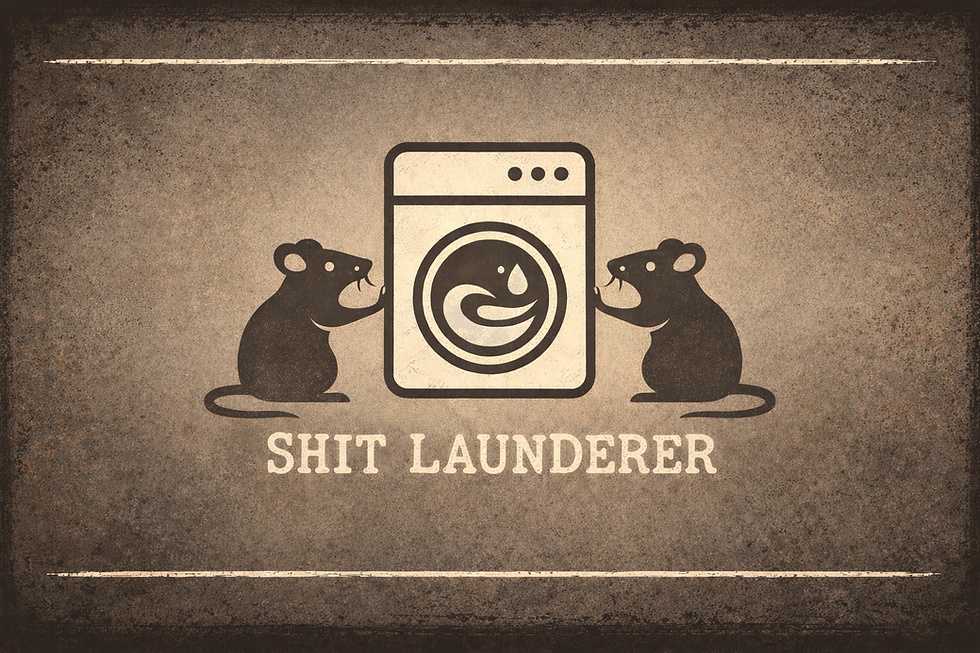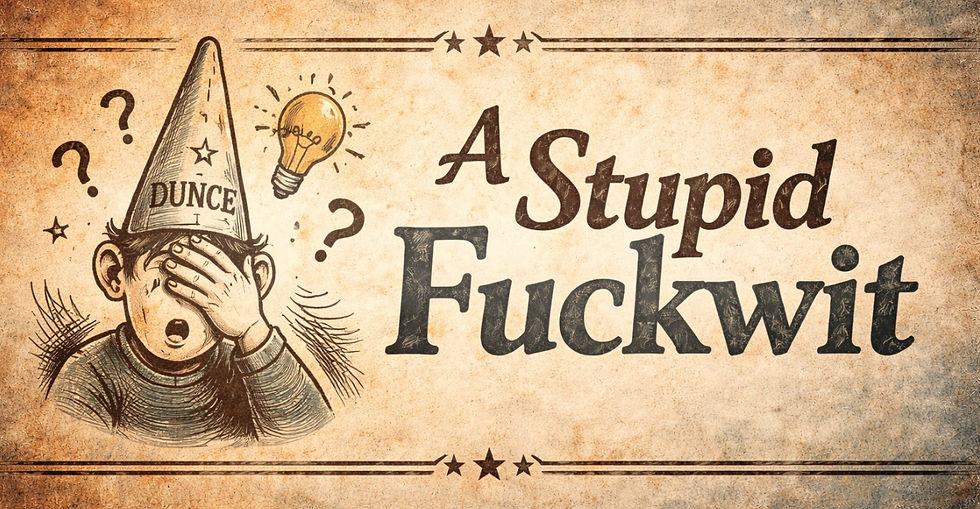Day 235 of Trump 2.0 Has Epstein Out of the News, But the Day Still Shows Trump Is Weak and His Administration Is Feckless
- john raymond
- Sep 11, 2025
- 2 min read

On Day 235 of his second presidency, President Trump appeared, at first glance, to enjoy a reprieve. The Jeffrey Epstein files—a scandal that could implicate Trump and his allies in ways that threaten regime survival—fell out of the headlines. But reprieve is not the same as strength. Even with Epstein out of the news, the administration looked distracted, vulnerable, and feckless.
Distraction Masquerading as Control
Three events defined the day:
The Charlie Kirk killing, which monopolized the news cycle, keeping Trump reactive and on-script. Instead of setting the agenda, he was forced into symbolic mourning. His role as protector rang hollow in the face of the violence he has long incubated.
Speculation about Trump’s health, particularly signs of Bell’s palsy, circulated widely. For a ruler who relies entirely on projection of strength, even the perception of frailty corrodes his legitimacy. Authoritarians cannot afford to look mortal.
The attack on the National Science Foundation, where $1 billion in research grants were revoked, was intended as a show of dominance. Instead, it backfired. Legal challenges reframed the action as vandalism, a tantrum of sabotage rather than proof of power.
None of this looked like a strongman in command. It looked like a man and an administration overwhelmed by forces they could not master.
Epstein’s Shadow
That the Epstein files are not dominating the news cycle is a tactical relief for Trump. But this absence highlights his dependency on distraction. A functioning administration projects policy and strategy; this one survives by hoping the spotlight moves elsewhere. Silence on Epstein is not vindication. It is borrowed time, and everyone knows it.
Regime Security in Retreat
The first principle of autocratic survival—regime security—demands control of narrative and institutions. Yet on Day 235, Trump was on defense. Courts blocked his cuts to Head Start and museum agencies. Rituals of 9/11 trapped him in ceremonial duties. Health rumors circulated beyond his ability to suppress them. None of this demonstrated inevitability. All of it demonstrated fragility.
Asymmetry Blunted
Trump’s mode of warfare has always been asymmetric: selective reprisal, intimidation, institutional sabotage. But today there was no new reprisal, no clear scapegoat offered up for punishment. Instead, the administration fumbled with broad infrastructure attacks—against science, against social programs—while failing to deliver decisive outcomes. The regime looked not terrifying but clumsy.
Fecklessness on Display
A feckless government is one that can neither execute policy nor inspire confidence. That is what Day 235 revealed. From the NSF debacle to judicial resistance, from health rumors to the silence of Epstein, the pattern was clear: Trump’s administration still lashes out, but cannot achieve decisive victories. It governs not with strength, but with noise.
The Implication
Day 235 should be remembered not for Epstein’s absence, nor for Charlie Kirk’s murder, but for Trump’s weakness. His “tough guy” image is a sham: undone by distraction, exposed by rumor, and checked by the very institutions he despises. Even when Epstein is not in the headlines, Trump’s fragility is front and center.
That is why Day 235 matters: not as proof of control, but as evidence that his administration is feckless, reactive, and doomed to be remembered for its failures.






Comments